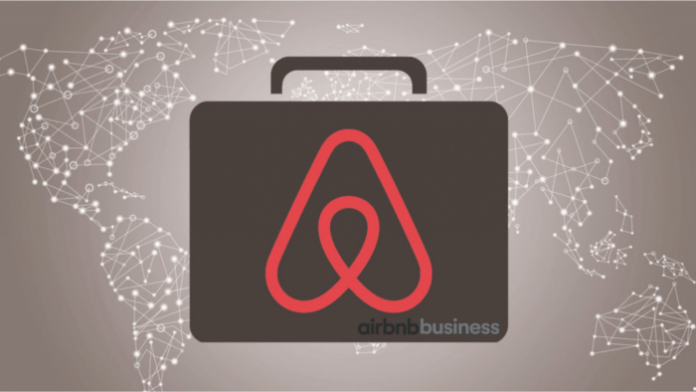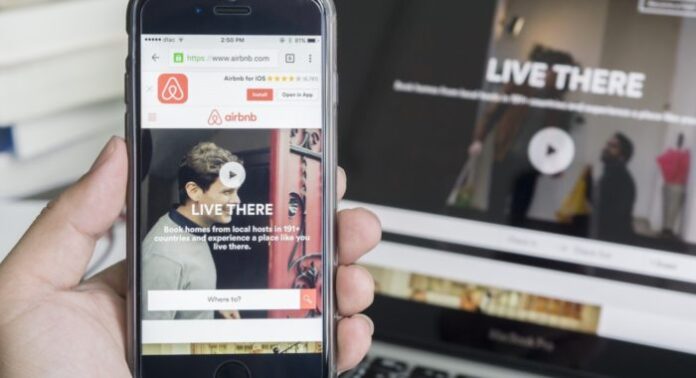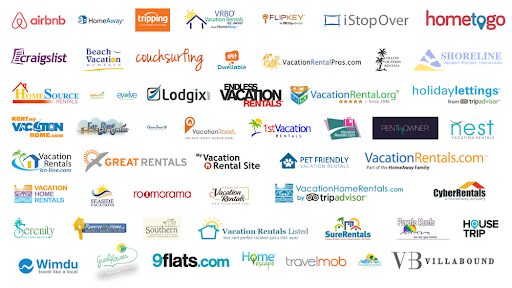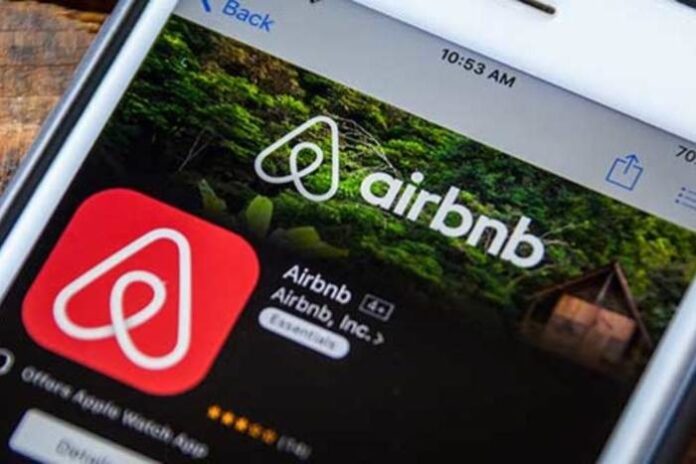Short-term rentals are an excellent way to diversify your assets and create extra income. People choose to start an Airbnb business for different reasons. Some use it to offset the cost of a second property. Others see it as a chance to make extra cash. Some Airbnb owners are real estate investors where the short-term rentals are their primary source of income.
Whatever the reason for running an Airbnb, successful Airbnb business owners are always strategizing about how to optimize their property to drive maximum value for guests and revenue for them. The Airbnb business can’t grow without a steady stream of bookings and income.
An Airbnb host can only do so much in a day to maximize their returns. Technology tools specific to the short-term rental market help improve the business processes and make sure owners are creating maximum revenue. These nine Airbnb strategies and their supporting tools help Airbnb hosts improve the way they operate their business, provide for the guest experience, and expand their property portfolio. For more help check mynd.co.

1. Smart Property Acquisition
A profitable Airbnb business begins with acquiring the right property at the right price. For an Airbnb rental property to make money, the rental income must exceed the mortgage payment and expenses. Buying a property without enough cash down to create a low mortgage payment isn’t a smart investment.
At the same time, owners need to buy properties in strategic areas. Sometimes, purchasing a slightly more expensive property is smarter if it is optimally located near where tourists visit. Example: a property a mile from a theme park is more likely to attract booking interest than a cheaper property five miles away.
Consider hiring a professional real estate agent to help with property acquisition. They recognize ideal properties for short-term rentals based on local regulations, location, price, and condition. An agent will help investors negotiate the best possible deal to reduce any mortgage payment and maximize owner revenue.

2. Attract Longer-term Bookings
The more consecutive days a vacation rental is booked, the more income Airbnb properties generate. However, successive days with rapid turn-overs aren’t necessarily efficient. Longer-term bookings are a secret gold mine to growing Airbnb income. The fewer turnovers mean reduced cleaning and marketing expenses.
To land a long-term guest, make sure the property can accommodate longer stays. What will the guest have access to during the vacation? Remember to change Airbnb’s settings to accommodate longer stays.
The platform does have an option to offer discounts for long-term bookings. Before deciding this number, do run your expense numbers and see what you must charge to stay profitable. Mention longer-stay discounts in the property description, and what, amenities they would have access to.
3. Keep Your Listing Current
Make sure all your Airbnb listings are up-to-date with the latest information. Add any new amenities you’ve added to the property. Seasonally update the photos to showcase those fresh spring flowers. If there’s construction or a new amenity recently opened, point it out. A listing management service can push out the description updates wherever you have listed the booking, and it will coordinate when the property is occupied.
4. Adopt a Responsive Pricing Strategy
According to iGMS, Airbnb pricing is a key component to maximizing a short-term rental’s revenue-generating potential. The best Airbnb strategies include a well-thought-out and researched property rental rates.

Pricing should never be stagnant. To drive more Airbnb revenue, change your pricing to match supply and demand. Dynamic pricing software pays attention to trends in the local market. When it sees supply is declining and demand is high – or vice versa – it automatically adjusts the pricing.
5. Promote Your Properties
Airbnb strategies shouldn’t rely on the platform’s in-house marketing or search algorithms to lure guest bookings. Drive traffic to the listings from other sources. Use social media, vacation rental forums, other listing websites, and even pay-per-click advertising like on search engines. Add the Airbnb properties to local tourism websites for more traction from a trusted resource.
Some owners use a unique URL like a vanity URL that’s easy to remember to direct owners to their listing. The unique address also helps with tracking where guests discovered the listing.
6. Offer Amenities That Attract Guests
Potential guests are looking for a unique experience when they choose an Airbnb booking over a hotel or resort. What can you offer that matches this expectation?
For example, a waterfront property might have complimentary inner tubes or paddleboards available for guest use. A bonus room could be outfitted for kids’ use with games and movies. Some amenities could generate extra income, like offering cleaning service or food delivery during the guests’ stay.
Sell the bonus amenities through the property description and photographs. Use the unique features in property marketing.

7. Sell the Local Experience
Successful hosts think beyond the property in their marketing. Vacation guests are coming into the area because of its attractions. The best Airbnb strategies include ways to sell what’s around the rental.
A home in a ski town likely attracts skiers. Let the listing description pitch the local slopes. If you’re near a museum district, a shopping area, beach, lake, or whatever else draws people into your area, sell it through the marketing. Have pictures, talk about the distance, and more.
Keep pitching the local experience when guests arrive. Some service providers will automate the creation of local, customizable property guides guests can access on their smartphones.
8. Use Vacation Rental Software for Automation
Time spent on manual and repetitive tasks is time and money wasted. A property manager can handle the work for you, or find vacation rental software to serve in their place. Plenty of the work behind a vacation rental can be automated with technology, like the syncing calendars across platforms, reporting, guest communication, and cleaning management.

9. Find Investors
Expand your Airbnb business by acquiring more properties and building a portfolio. Small business owners don’t always have the cash available to acquire real estate; partnering with investors provides the money needed to buy ideal short-term rental properties and start a vacation rental business. Target real estate investors interested in diversifying their portfolios with the income from short-term rental properties.
10. Airbnb Strategies for Your Business
Whether it’s one listing or ten, every Airbnb business owner can maximize the returns they get from a short-term rental property. Use technology to streamline the work processes and optimize the revenue stream. Create a vacation rental business plan to chart the future growth of your business. Find new ways to promote and keep the property booked as often as possible.









